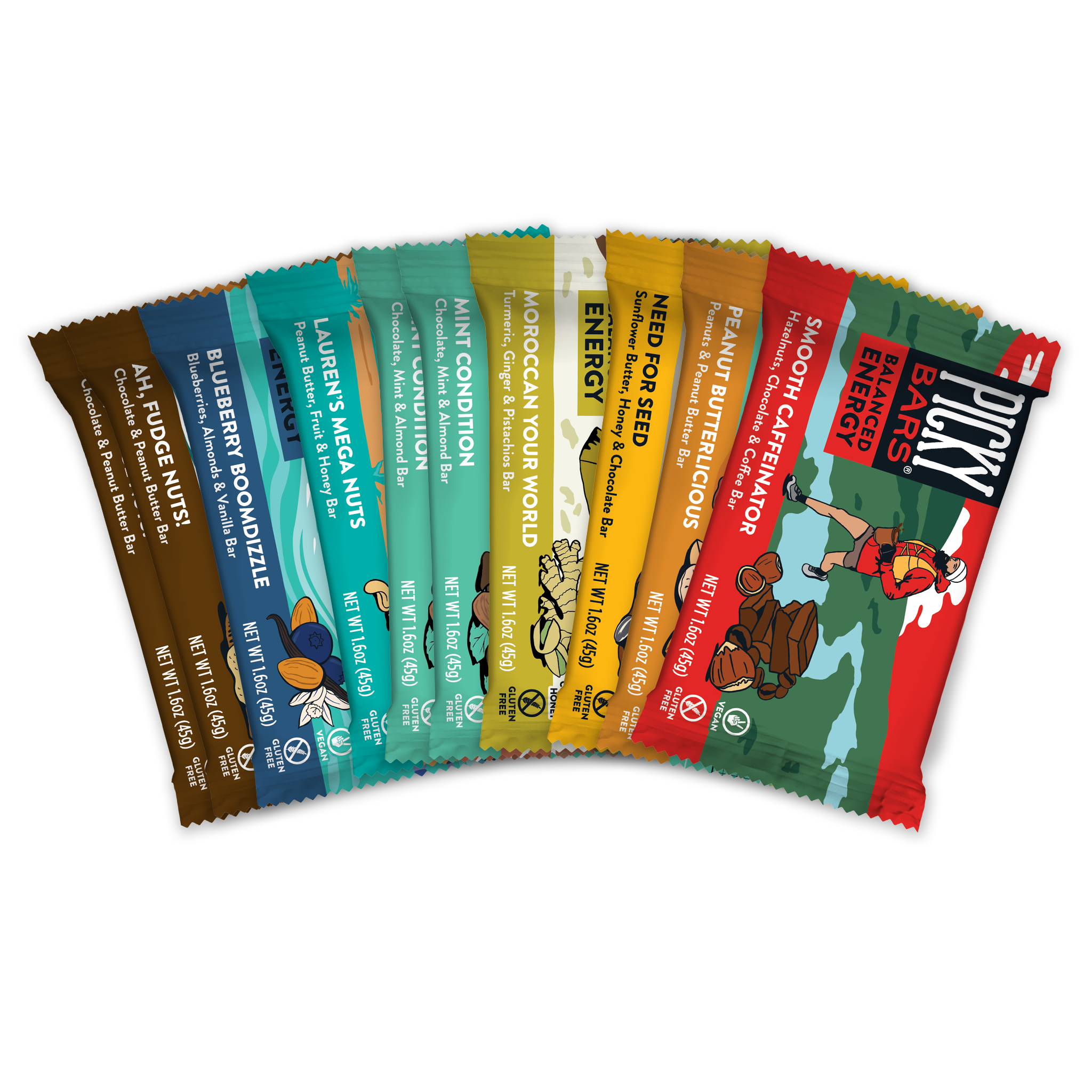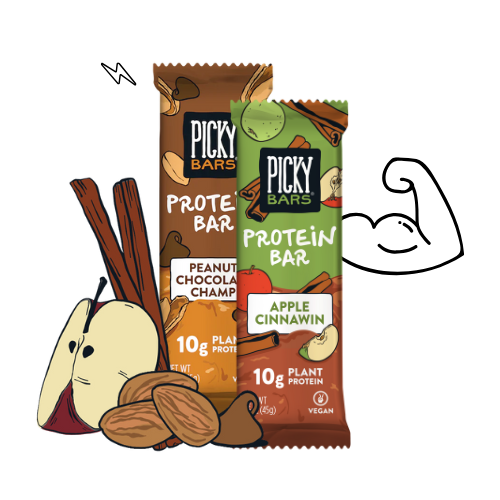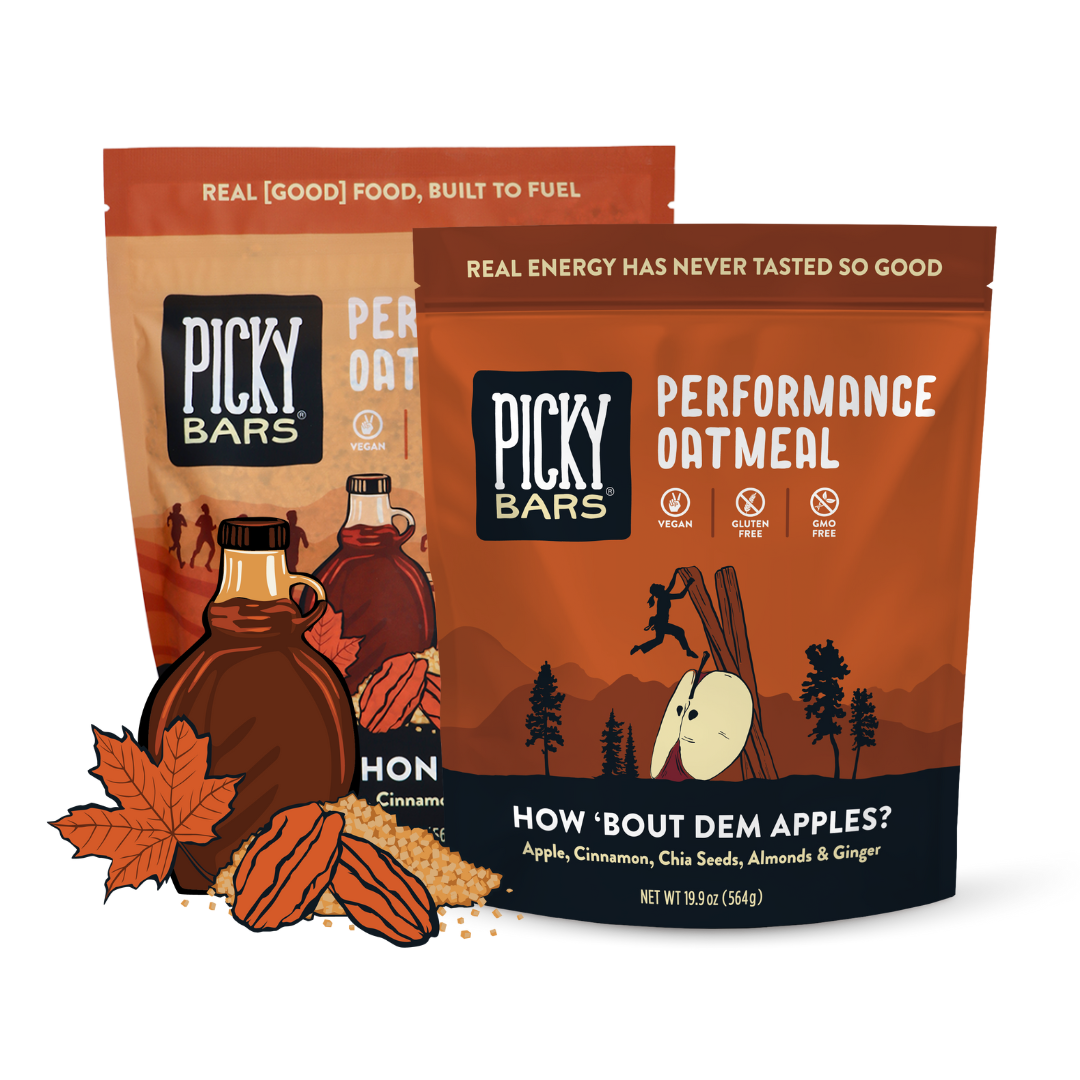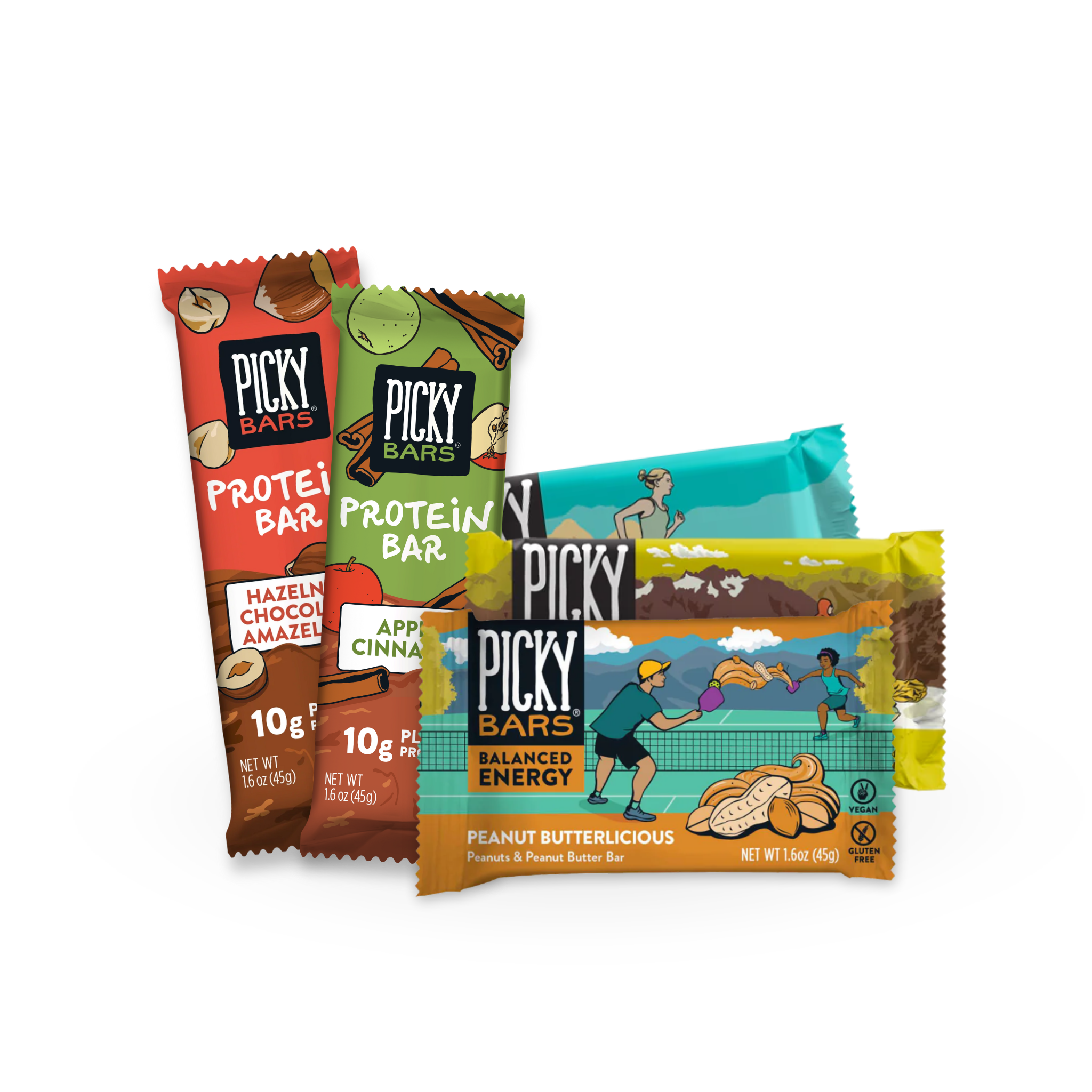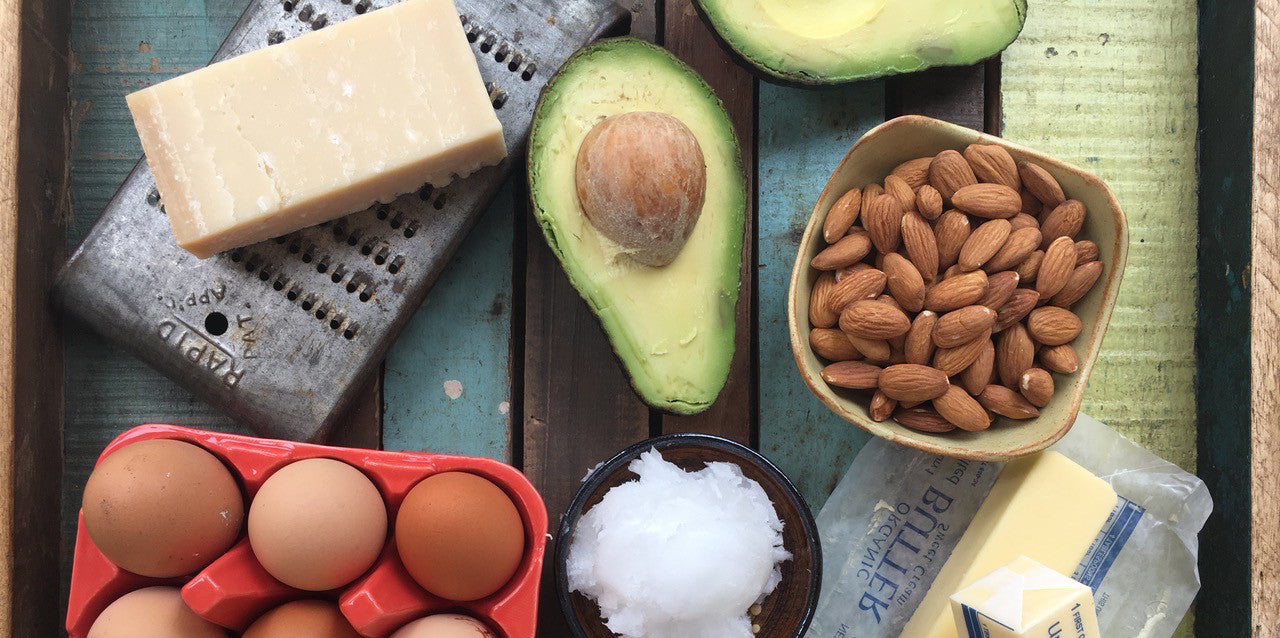

· By Sarah Conklin
The Big Fat Truth
What I’m about to tell you will put a big, fat smile on your face. Butter is even more nourishing for an athlete than kale. Can’t believe it? Hear me out.
In the 1970s, Americans developed a fear of fat after the government came together with major food companies to declare that saturated fat causes heart disease. Soon after, the packaged foods industry boomed with aisles of low-fat and fat-free products. Not surprisingly, during this “fat-free” era, Americans gained weight at an alarming rate.
Turns out a diet rich in whole food fats (even saturated fat) is essential for a healthy metabolism, balanced hormones, and satiation—all of which prevent weight gain. Nourishing fats are essential for brain function, and studies show fat helps prevent depression, balances our emotions, and improves concentration. Plus, fat-soluble vitamins like A, D, E, and K can’t be digested without fat in our diets. Fat helps transport these essential nutrients to every system in our body!
It doesn’t end there.
For athletes looking to go the distance, fat is one of the best sources of usable energy for endurance endeavors. It provides balanced energy, instead of a sugar high and crash. Medium chain fatty acids (found in coconut oil and butter) are especially efficient since they’re metabolized faster than long-chain fatty acids.
So, back to butter.
Butter is incredibly nutrient-dense, providing vitamins A, D, and E. (Vitamin A is essential to a healthy cardiovascular system!) High-quality butter is also antioxidant-rich, and grass-fed butter is rich in conjugated linoleic acid (CLA) - a fatty acid proven to help your body repair its hardworking muscles. Athletes often obsess over protein, but protein isn’t the only building block for recovery. It's also a natural anti-inflammatory and antimicrobial, which is important for preventing injuries and boosting your immune system.
So does butter raise your cholesterol? New studies show likely not. Cholesterol-rich whole foods are essential to help our body repair its 6 trillion cell membranes (cell walls are made out of cholesterol). You need good cholesterol to balance out the bad stuff.
This doesn’t mean you should go chomp on a stick of butter, obviously. But you also shouldn't fear throwing a slab on your toast or steak, or sautéing that kale in all of its nutrient-rich goodness. (Plus, it just tastes good!)
Butter is just one example of many delicious fats to choose from. Variety is best - here are a few of my favorites:
- Grass-fed cultured butter and ghee
- Virgin coconut oil
- Nuts and seeds (nut butter)
- Extra-virgin olive oil
- Avocados
- Pasture raised eggs
- Grass-fed red meat
- Organic dark meat chicken
- Canned sardines in olive oil
- Whole milk yogurt and aged cheeses

Elyse Kopecky
Chef, Nutrition Coach, New York Times Bestselling Author, and Picky Bars Lead of Product Development
Looking for more from Elyse? Check out her recent post on the Nourished Athlete.

